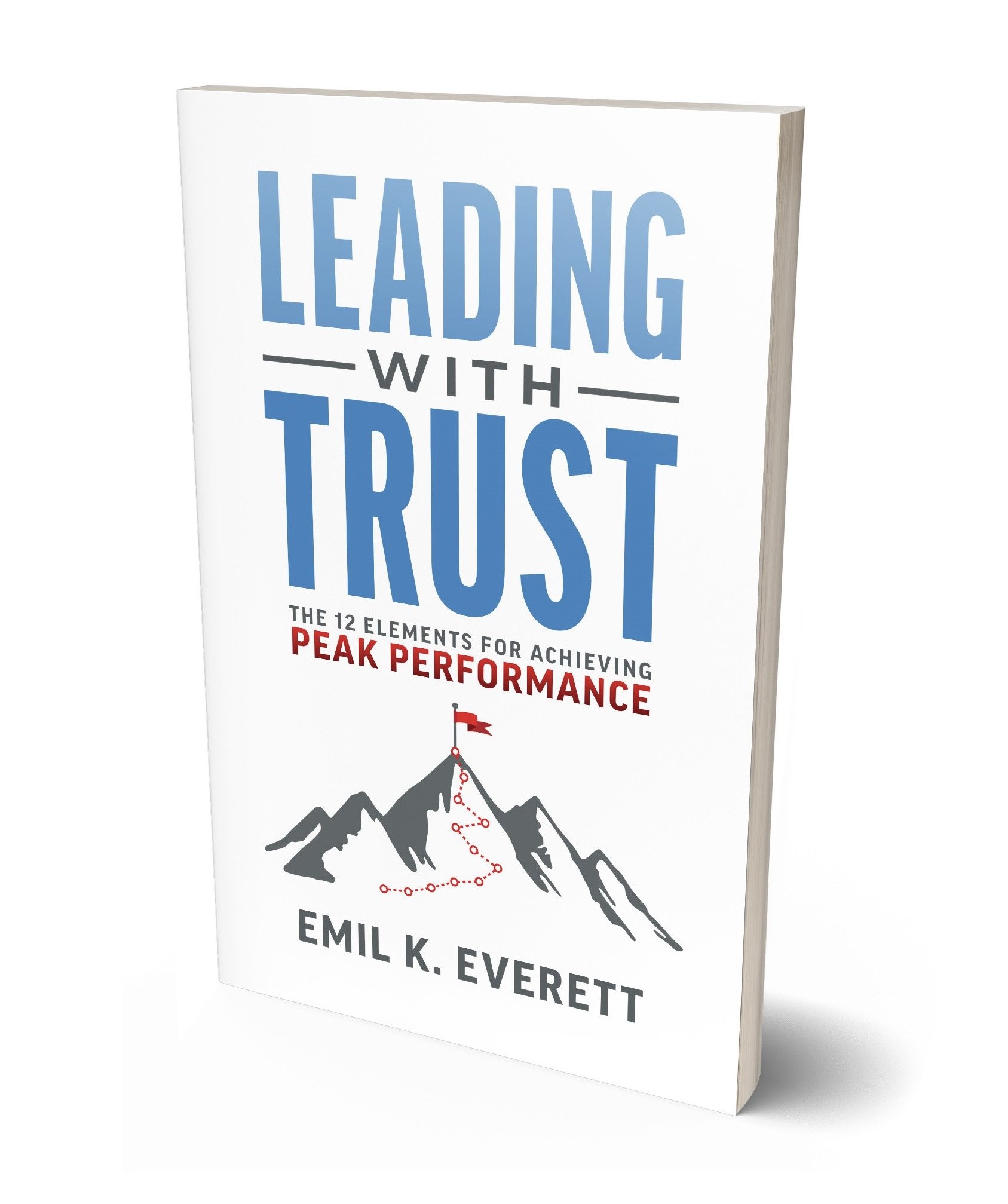Earn the Right to Give Feedback
Effective feedback is a cornerstone of personal and professional growth, driving individuals and teams toward excellence. However, delivering feedback goes beyond simply sharing opinions; it involves a deeper understanding of context, relationships, and the psychological impact on the recipient. To truly make feedback a catalyst for positive change, one must "earn the right" to provide it. This principle is essential in coaching and training team members, ensuring that feedback is constructive, well-received, and conducive to development.
Understanding the Concept of Earning the Right
"Earning the right to give feedback" emphasizes that feedback is not an entitlement but rather a privilege based on trust, credibility, and genuine investment in the other person's growth. Just as trust is earned through consistent actions and mutual respect, the privilege of offering feedback should be built on a foundation of respect, rapport, and a sincere commitment to the recipient's well-being and progress.
Building Trust and Credibility
Establishing Rapport: Effective feedback begins with establishing a positive and supportive relationship with the individual. This involves active listening, empathy, and a willingness to understand their perspective.
Demonstrating Competence: Before giving feedback, showing your expertise in the relevant domain is crucial. Team members are more likely to accept input from someone knowledgeable and experienced.
Consistency and Reliability: Being consistent in your interactions and following through on commitments helps build credibility over time. When team members see you as someone who keeps their word, they are more likely to value your insights.
Fostering a Growth Mindset
Highlighting Strengths: Earning the right to give feedback involves recognizing and acknowledging an individual's strengths and positive contributions. This creates a positive foundation for constructive criticism.
Framing Feedback Positively: When giving feedback, framing it to highlight growth opportunities rather than focusing solely on shortcomings can make a significant difference in how it's received.
Developing Communication Skills
Clarity and Specificity: Vague feedback can be confusing and demotivating. To earn the right to give feedback, ensure your observations are clear, specific, and directly related to the person's actions or behaviors.
Focus on Behavior, Not Personality: Effective feedback is about addressing specific behaviors or actions, not making judgments about a person's character. This approach prevents defensiveness and maintains a respectful tone.
Earning the Right in Coaching and Training
Active Listening in Coaching: When coaching team members, active listening is key. Show that you value their thoughts, concerns, and ideas, which enhances the likelihood that they'll be open to your feedback.
Setting Clear Expectations: Establish mutual expectations for development and growth. When individuals see that you're invested in their success, they're more likely to welcome your feedback as a tool for improvement.
Creating a Safe Environment: A psychologically safe environment is essential for open discussions about strengths and areas for improvement. If team members feel secure, they'll be more receptive to feedback.
Timely and Constructive Feedback: Provide feedback promptly so the context is fresh and relevant. Constructive feedback focuses on actionable steps rather than dwelling on mistakes.
"Earning the right to give feedback" encapsulates that effective feedback isn't automatic; it's a privilege based on trust, credibility, and the genuine desire to support growth. Earning this right in coaching and training team members involves building strong relationships, fostering a growth mindset, and developing robust communication skills. When feedback is offered from a place of respect, understanding, and genuine care, it becomes a powerful catalyst for personal and professional development. Remember, feedback is a gift, and the right to give it is something to be earned through continuous effort and dedication to the betterment of others.

